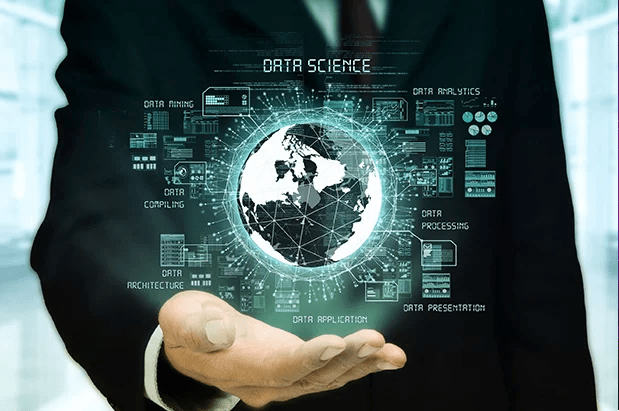The world of technology is an exciting one. What is relevant today becomes redundant in the next moment. Evolution is a constant. Change is a norm. In this very evolving landscape, only those who can adapt and change are the ones who can survive. As life plays out, like science fiction movies of the past what we thought was unimaginable in the late 80’s and 90’s is now a part of our everyday existence. From voice assistants to driverless cars, the future really is NOW. Technology is crossing boundaries and is creating new ones on the road to progress. With so much change happening every day, can engineers, or rather should engineers even think of remain confined to the straightjacket roles that were defined decades ago?
It has become abundantly clear that in today’s age and as we step into the future, data will play a crucial role. We are already seeing the importance of data on an upward trajectory. As computational powers have grown, so has the power and the importance of data in fueling technological evolution.
Organisations today have realised the impact of data in decision making and everything that it does. As almost everything in our lives, be it the products that we use, the social media channels that we navigate, the e-commerce websites that we surf, or business processes that we follow to become more data-driven, it would be safe to say that data is eating strategy for breakfast. Harvard Business Review had reported a long while back that, “Companies in the top third of their industry in the use of data-driven decision making were, on average, 5% more productive and 6% more profitable than their competitors.” Clearly, organisations face the challenge of either becoming data-driven or becoming redundant.
What is Data Science?
Data Science can be defined as an interdisciplinary field that employs processes and systems to extract knowledge and insights hidden in data patterns. And it is the data scientists who collect, manage, analyse and interpret these huge volumes of data using a diverse set of applications. While data science is a relatively new field, it has reached a momentous status as more and more industries are becoming data dependent to make day to day decisions. It is owing to the immense value that data provides that today data science has grown across a multitude of industries such as automobile, energy, travel, retail, education, IT, banking and finance…the list goes on.
Data, Data Everywhere…
According to global management consulting firm McKinsey & Company forecasts, by 2018, there will be 4 million big data-related jobs in the US alone. A Glassdoor report showed that data science had claimed the top spot amongst the 50 best jobs in America. The need for data science has increased considerably over the last couple of years owing to the growth of data-driven decision making. Today you don’t have to depend only on spreadsheets to analyse data. Today, you have tools that help you analyse different types of data, create visualisations, and gain insights that lie hidden in the mysterious data patterns.
The data impact has also been felt in product development. Take a look around and you will find that you are surrounded by a sea of data products. Whether it is Uber, Facebook, Netflix or Google, our lives are becoming dependent on data products. Research firm MarketsandMarkets estimates the global market for big data products and services will to grow from nearly $29.7 billion last year to $66.8 billion in 2021!
Make the Switch – Here’s Why
The world of data science is also evolving really fast. As the volume of data and computing power increases, organisations become more equipped to manage the deluge of data coming at them. We have seen how the world has become adept at using data science fields such as data analytics and data engineering to their use. Today we have technologies such as IoT, AI, Machine Learning, Blockchain, Digital Twins, and Edge Computing amongst others where data plays a crucial role. As we move into the world of the interconnected network, it is only a matter of time when data will drive everything. It is for a time like this that I strongly feel that engineers, from any stream, have to make the data switch.
Take the automobile industry for example. As everyday cars are moving towards becoming smarter, wouldn’t automobile engineers need to know how to play around with the data that the car and its user is generating? Would it be possible to remain relevant in an environment that is becoming increasingly data dependent? Think Industrie 4.0 and its revolutionising of the automotive sector. Would it then suffice to just be educated on the parts on an automobile?
Even software products today are being developed on the basis of data. You have to evaluate user data, usage data, and the like to ensure that your software product or service is relevant and usable. You need data to decide which features need to be scrapped and what updates you need to introduce to make your product useful and usable and ensure that the right and effective services are reaching the consumer.
Just like this example, the pervasiveness of data in almost every industry is going to grow phenomenally. And engineer employability will depend greatly on the capability to play with, manipulate, and analyse this data…because it has become abundantly clear that organisations will only be able to move ahead using data science.




